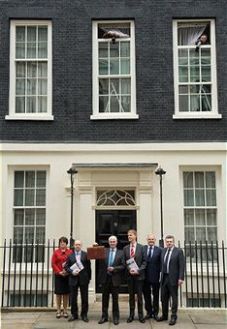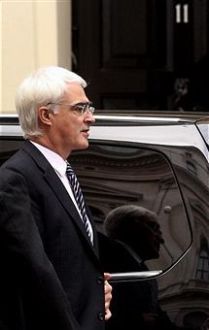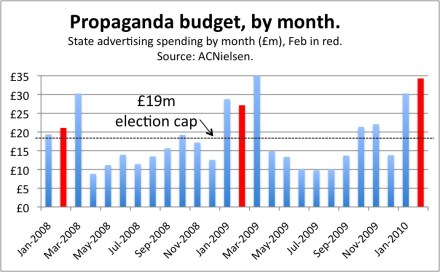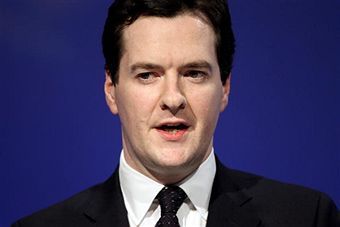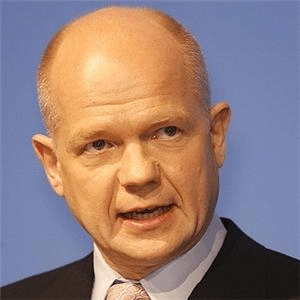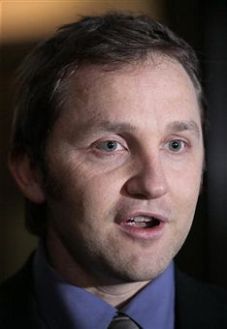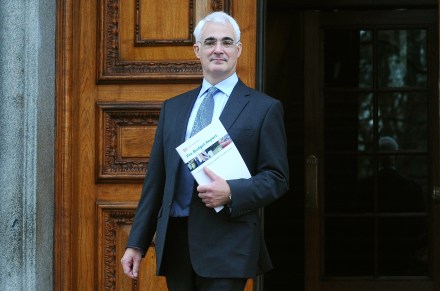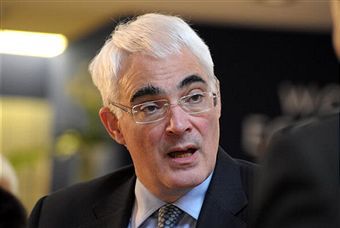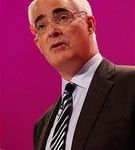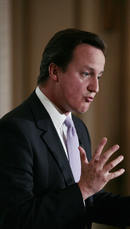Another dangerous Quango in the offing
This government’s love of quangos reached new heights in today’s Budget when Darling announced the creation of a ‘credit adjudicator service’. This will allow companies who feel they have been unfairly denied credit by their bank to appeal the decision to the credit adjudicator service which will have the legal power to order the bank to lend the money. The Treasury is quick to stress that businesses will have to have claims referred to the credit adjudicator service by their regional business body. But this quango, which will cost five million pounds a year to run, strikes me as a quite absurd attempt to second guess commercial lending decisions.
